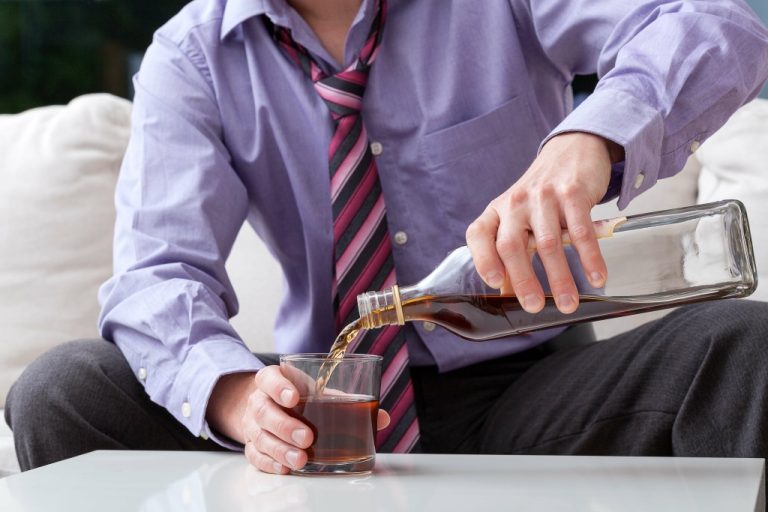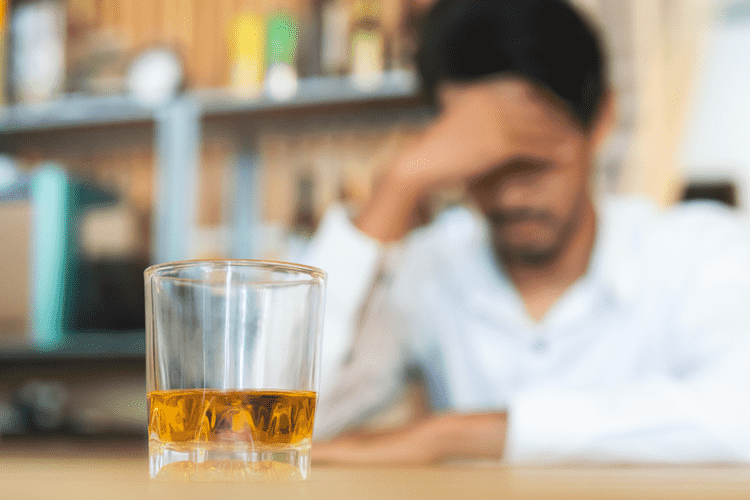Healthy Relationships in Recovery: Dos and Donts First Step Recovery & Travco Behavioral Health
Adding the stress of focusing on relationships could feel overwhelming, but it also provides an important opportunity to practice distress tolerance, emotion regulation, and coping skills. Relationships also benefit from healthy communication skills, validation, boundaries, and honesty—all of which are important for addiction recovery. One of the great things about recovery and sobriety is that you have an opportunity to make new friends and create new types of connections. They don’t need to be based around getting high and checking out.
The information we provide is not intended to be a substitute for professional medical advice, diagnosis or treatment. It should not be used in place of the advice of your physician or other qualified healthcare providers. Building healthy relationships in recovery from addiction is not a simple process, but in reality, building any successful relationship is difficult. Building any relationship takes a strong balance of thinking and feeling. One has to feel a powerful emotional connection to the person while being able to identify the relationship as healthy logically for a relationship to be successful in the long-term.
Relationships Give Our Life Substance and Meaning
Because of the complicated nature of leaving relationships in recovery, it is necessary to assess the relationship and determine if it’s helpful or harmful to recover. To maintain a healthy relationship with the recovering addict in your life, check out these helpful tips to ensure you’re reinforcing his or her recovery. Part of forming new healthy relationships is knowing when to let go of old toxic ones. When you come into recovery it is time to move on from the darkness of your past and let go of any relationship that does not serve your new way of life. Active addiction leads many people to develop relationships that only enable drug and alcohol use. Coming into recovery there is a need to distance yourself from these relationships, and for many, that means building a whole new set of friends.
Availability or the lack thereof is directly related to intimacy in these relationships. Therefore, don’t sell yourself short by settling for someone who isn’t fully available. Thinking about the types of relationships you want in your life is important work. You may relationships in recovery have a list of characteristics, qualities, and traits that would make someone an ideal match for you. Making the decision to walk away from a relationship can be difficult. In many situations, it can feel like all outcomes will be negative, no matter the choice.
Identifying Unhealthy Relationships
Toxic relationships, relationships that leave someone feeling drained and hopeless, can lead to disturbances in peace and increases in depression and anxiety. It may include “must-have,” “preferred,” and “absolutely not” traits for a future mate. https://ecosoberhouse.com/ For example, attractiveness, humor, or financial stability may be high priorities for you. At the same time, sarcasm and arrogance are absolute deal-breakers. “Characteristics of Healthy and Unhealthy Relationships.” Accessed August 28, 2019.
- Choosing wisely when it comes to the company you keep is essential to enjoying a sober lifestyle.
- People who are codependent, engage in enabling behavior, or instill fear within you will not be beneficial to your recovery.
- Additionally, after some time, most people realize that their affections aren’t equally split between their love interests.
- Let’s list a few of the many attributes of a healthy relationship.
- And, a healthy relationship with the God of your own understanding will help you achieve the best and highest version of yourself.
- Moreover, consider whether relationships that are not supportive of your priorities deserve your time and energy.
These relationships are often marked by intense shame, dishonesty, physical and emotional abuse and severe manipulation. There is a disregard for one another’s values and needs, and boundary violations are rampant in such toxic situations. In a relationship after rehab, there will be times where you need to protect yourself and your health. This can take the form of asking someone not to put you in situations that can lead to relapse, such as inviting you out for drinks. Or, it can take the form of letting someone know that you are not comfortable with them crossing certain lines.
Womens Only Rehab Near Riverside, California – New Directions for Women
When we practice self-care, whether that is getting enough sleep, good nourishment, exercise, connection with others and spiritual growth, we are more resilient. We can think more rationally and respond to situations thoughtfully. We are empowered to be more present in our relationships with others, because we are more present in the relationship with ourselves.

These worries will influence a person’s judgment and encourage them not to take action. Rather than seeing the unhealthy aspects of the relationship, they may focus on repairing the relationship in recovery. Feel comfortable talking to people close to you, but ask them beforehand if you can talk to them, rather than sharing something heavy without notice. When an addict is in recovery—especially early on—your ongoing support is essential to his or her success. Attend 12-Step family recovery meetings in your community (i.e. Al-Anon, Nar-Anon, CoDA, etc.); ask him or her how you can help, and just listen when needed.
If someone recovering from addiction does not trust their partner, they may hide progress of sobriety from their partner, or feel they cannot be vulnerable about their sobriety. Healthy relationships are valuable in daily life and allow for connections to be made. Relationships can be familial, platonic, social, professional, or romantic and are all highly beneficial for personal growth and maintaining sobriety. Physical availability means your partner is not burdened, intertwined, or entangled with another love interest unless polyamory is your goal. Typically, when physical availability is lacking or feels off, one or both partners are trying to maintain physical closeness with more than one love interest.

